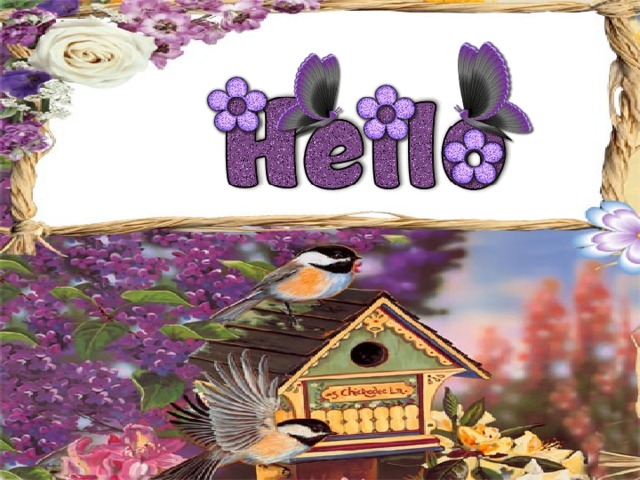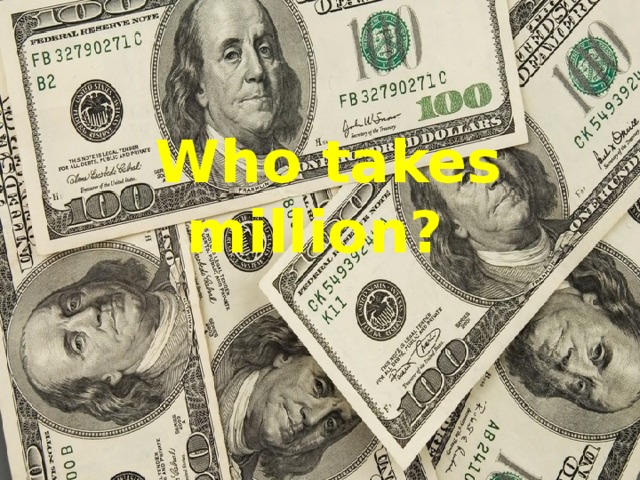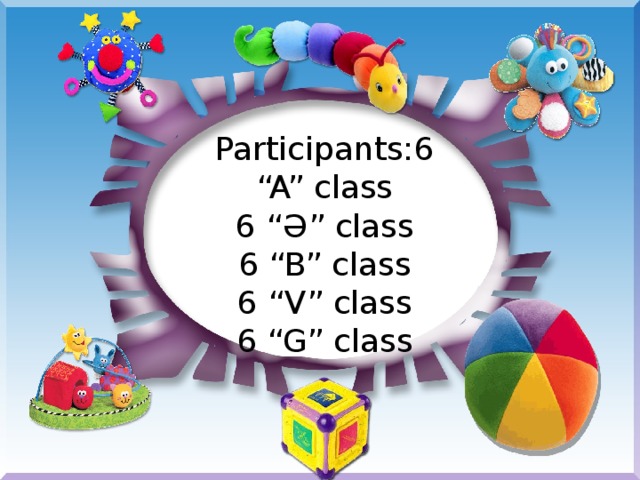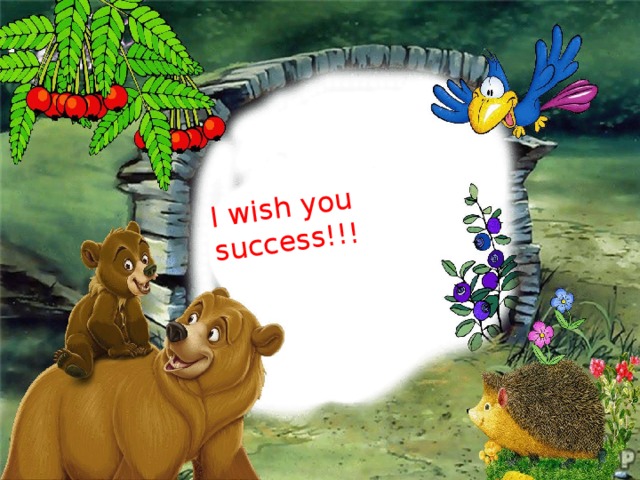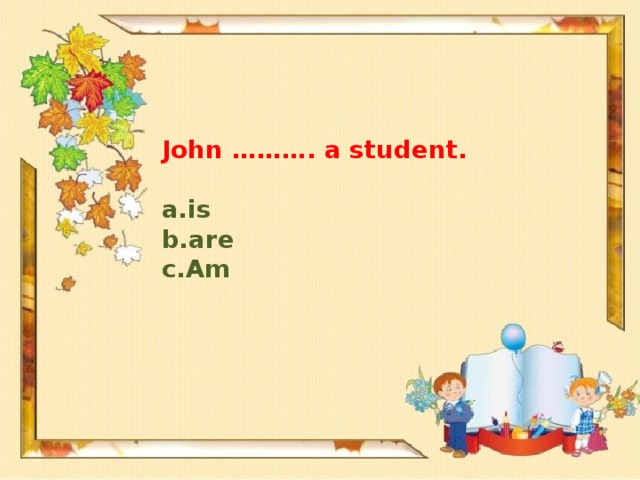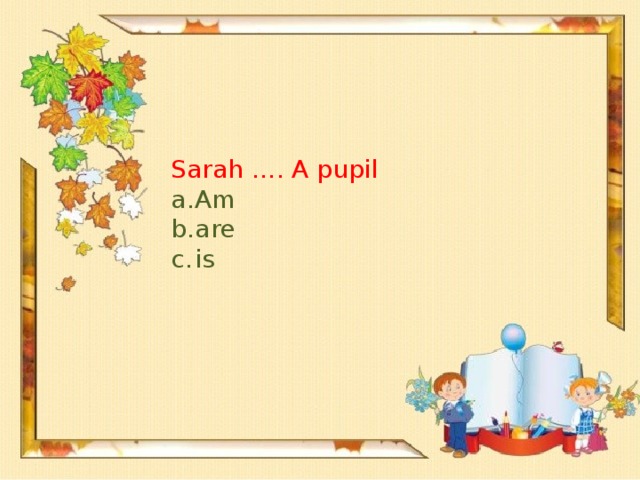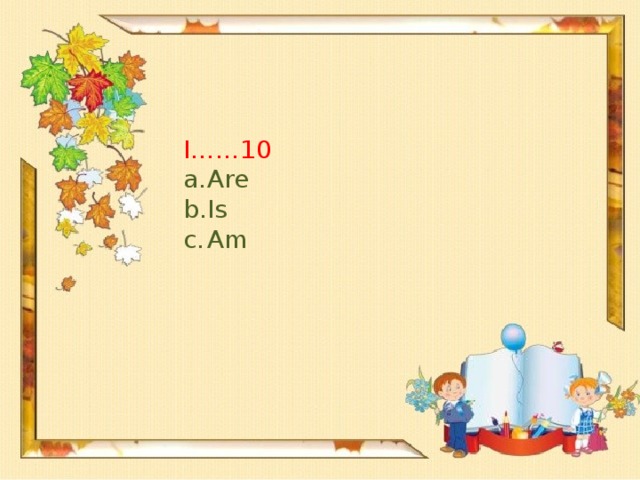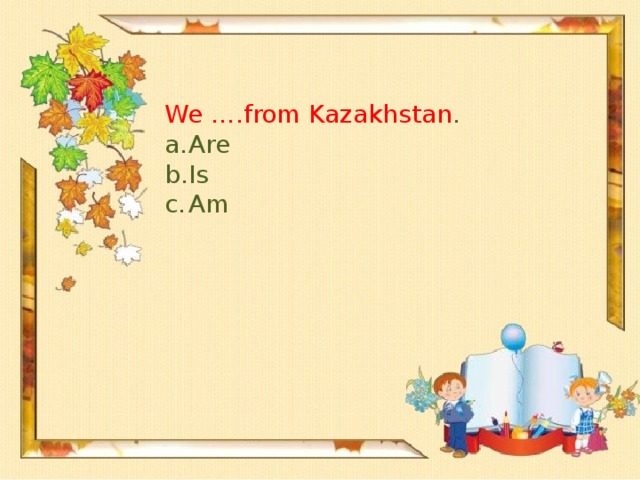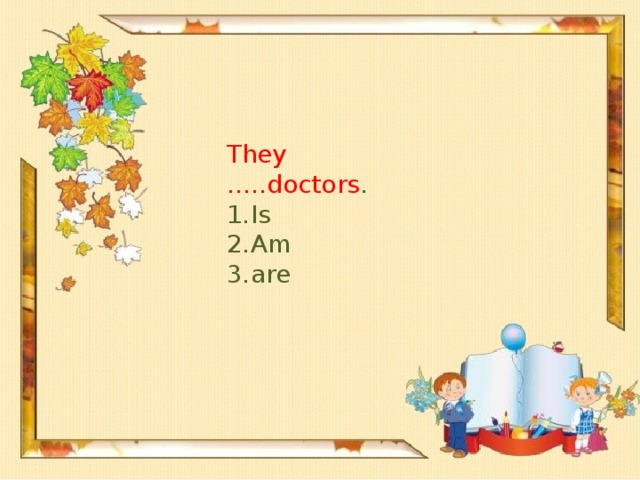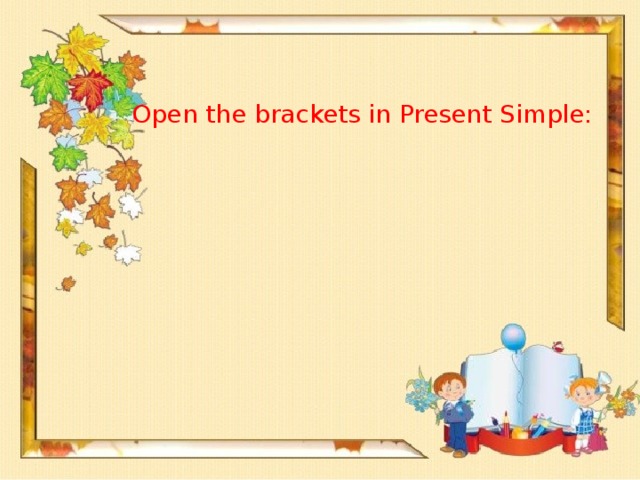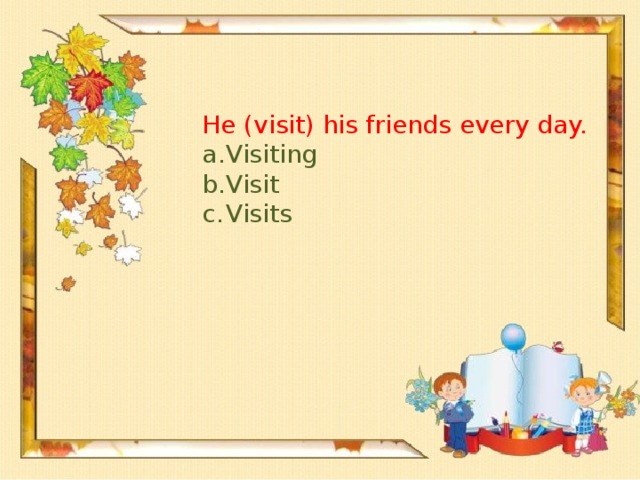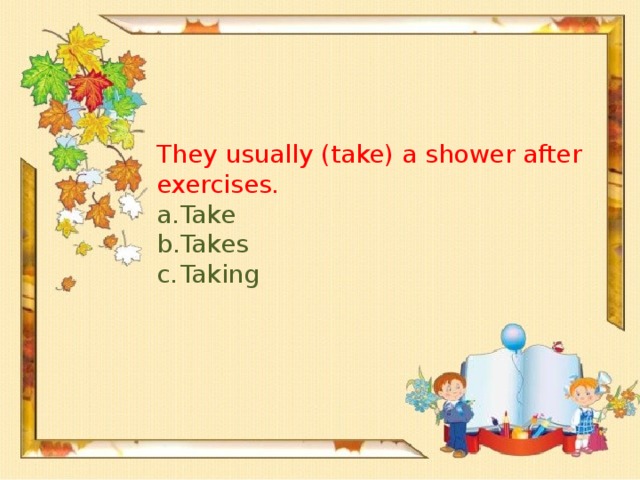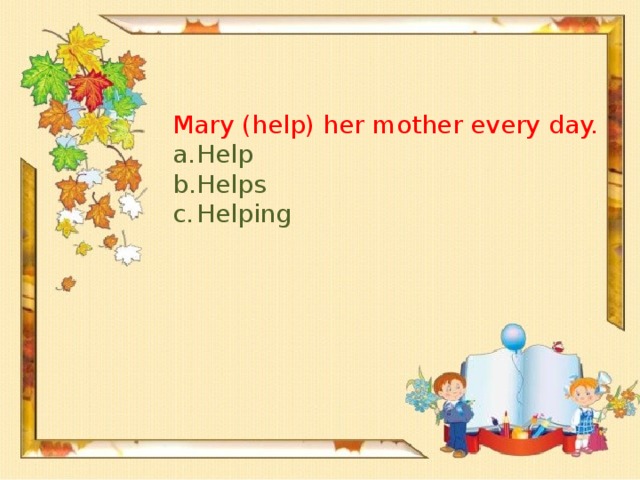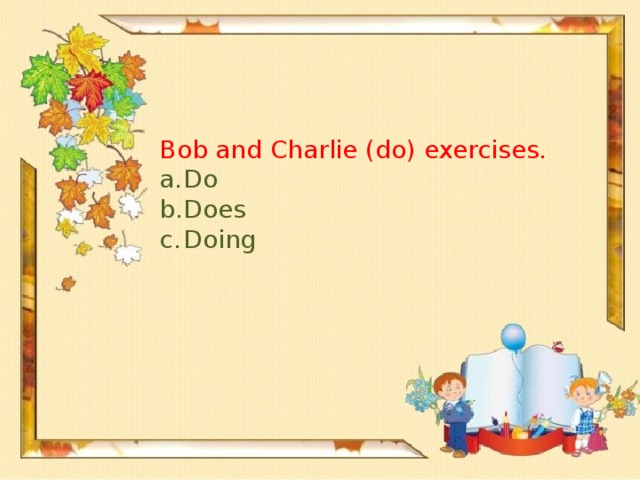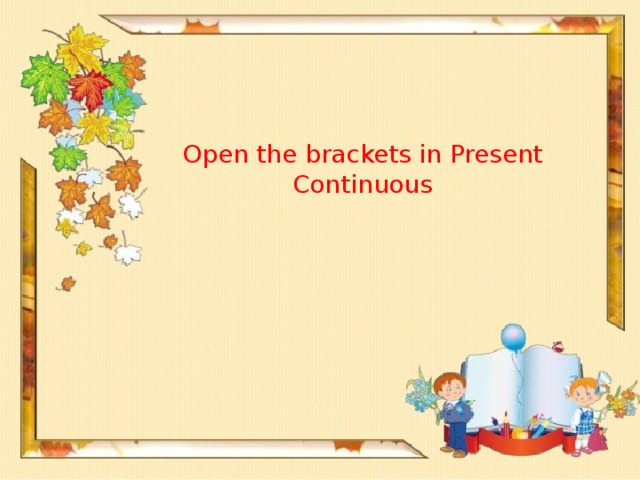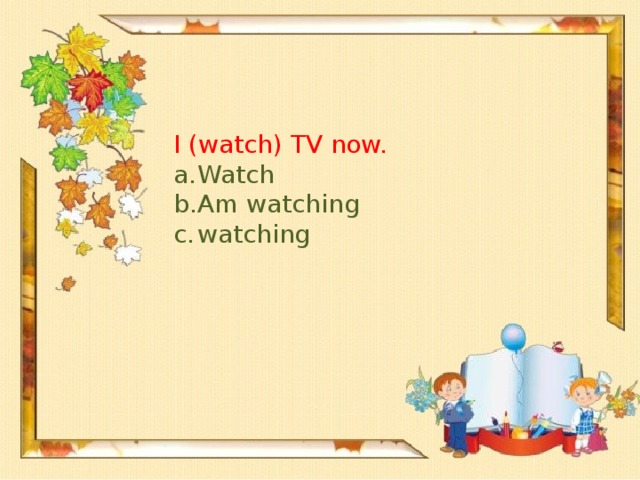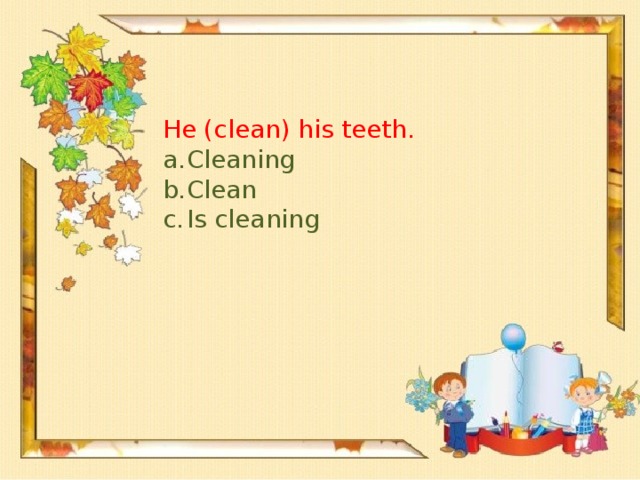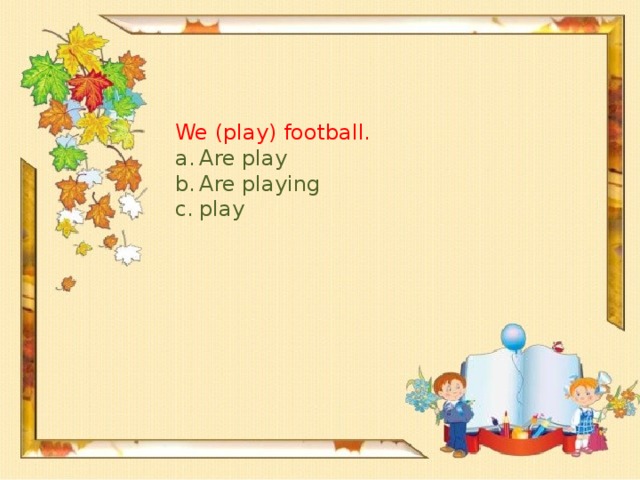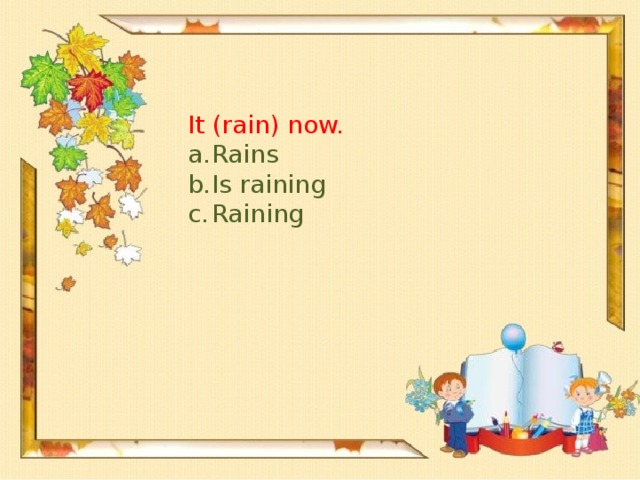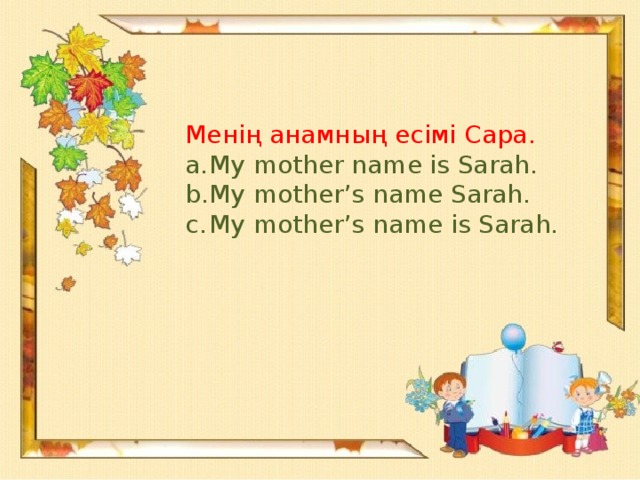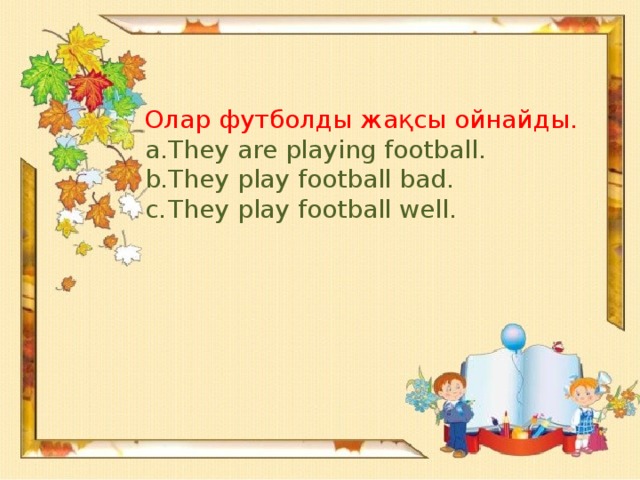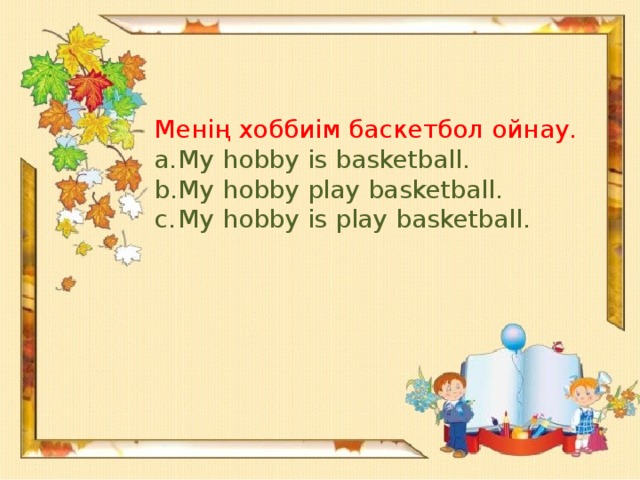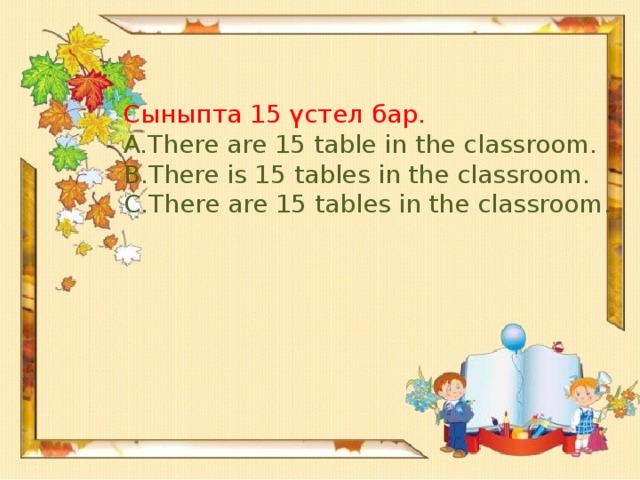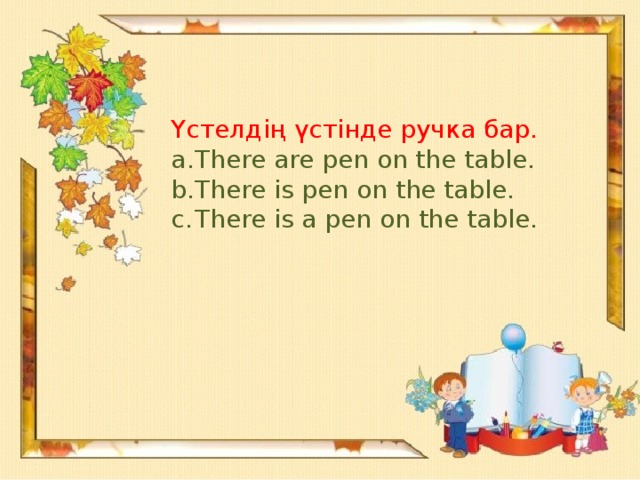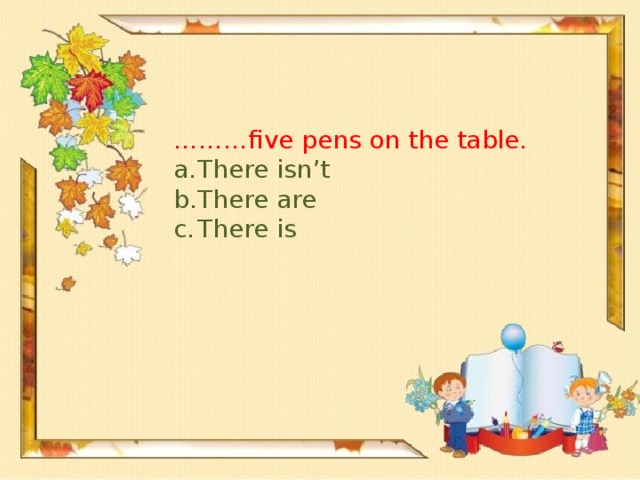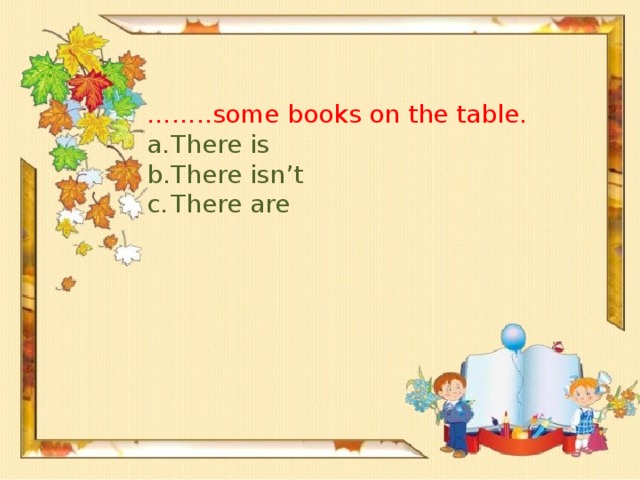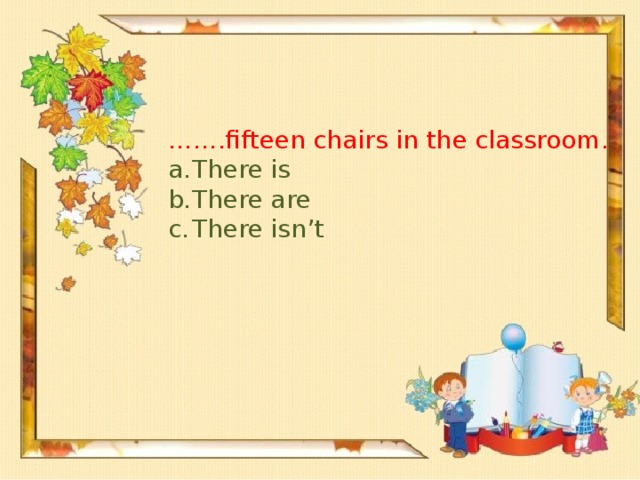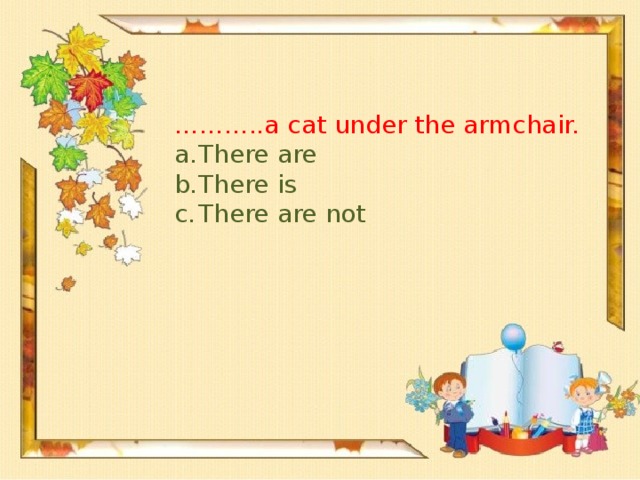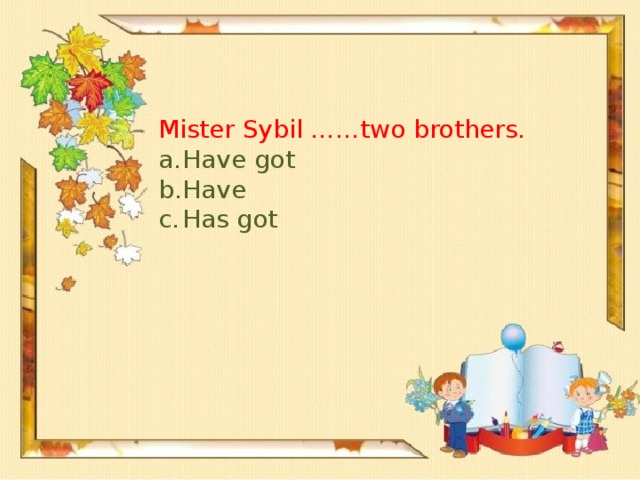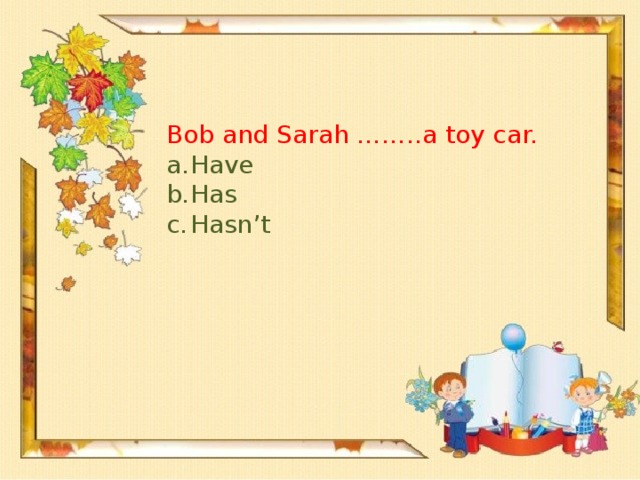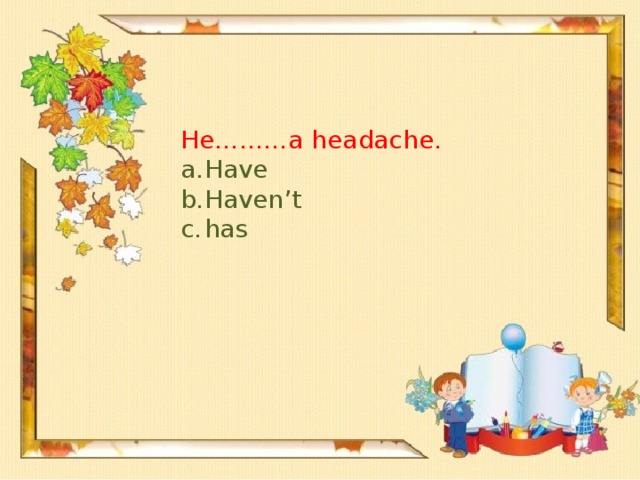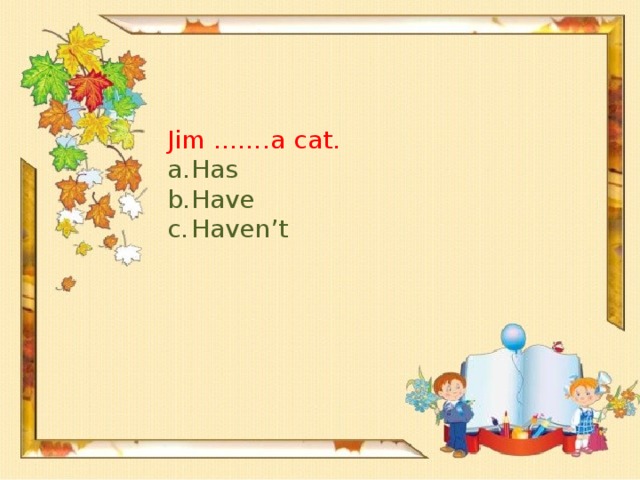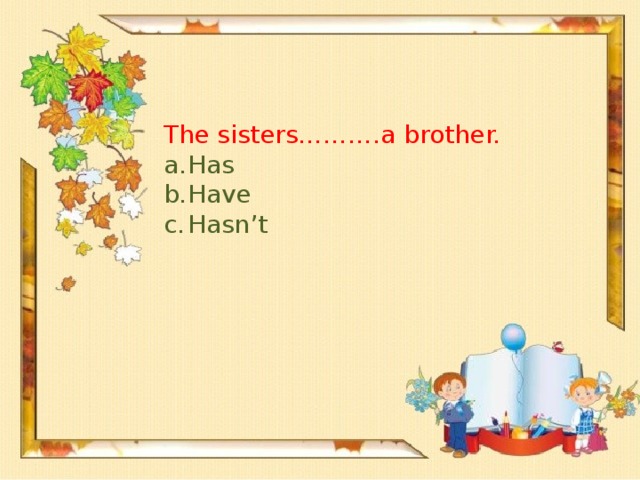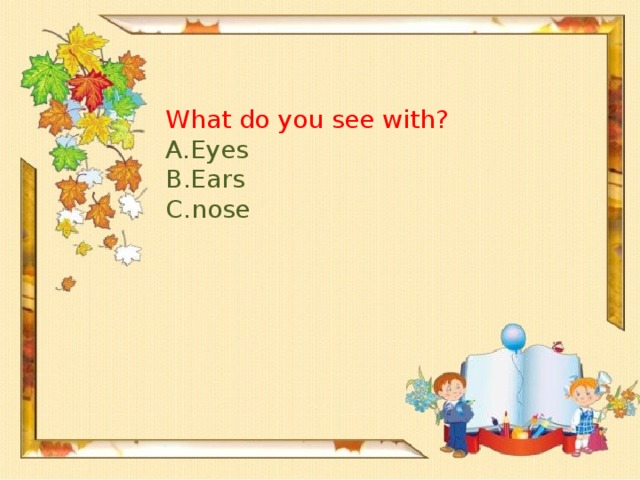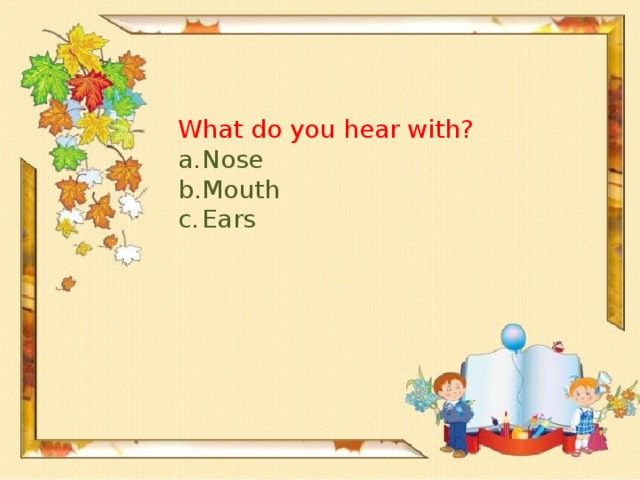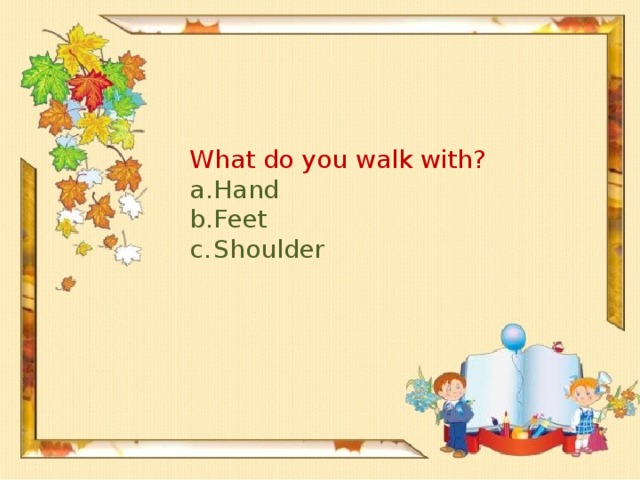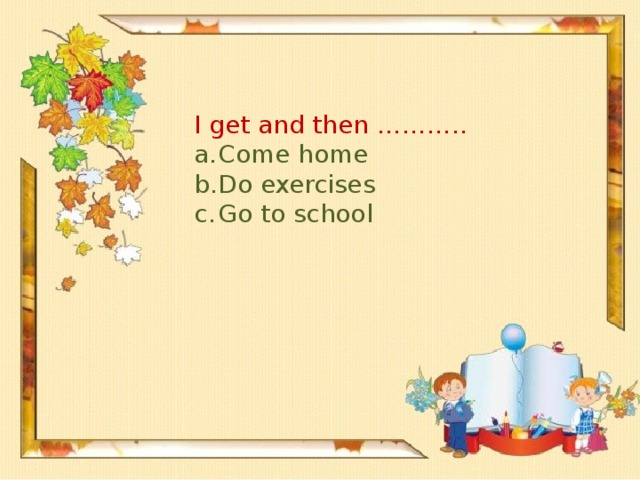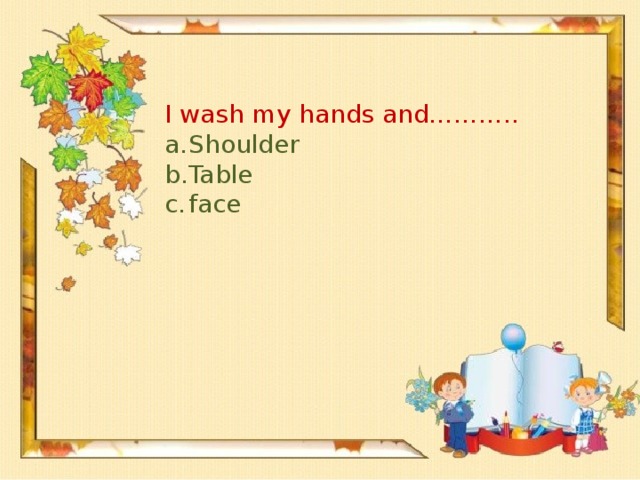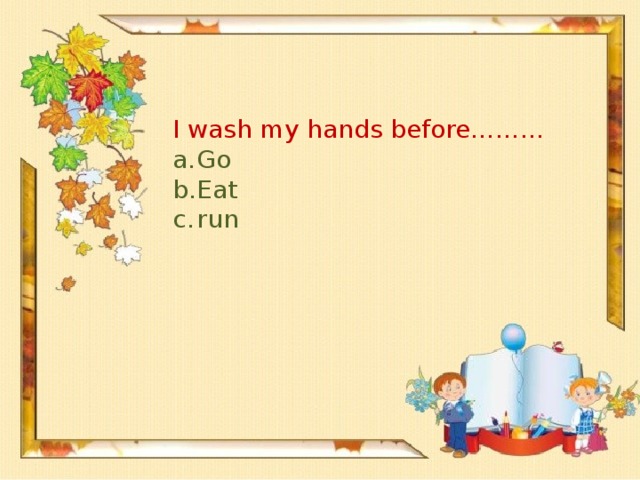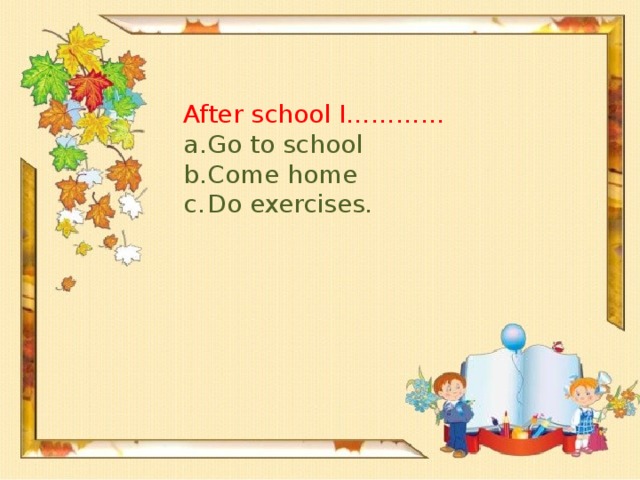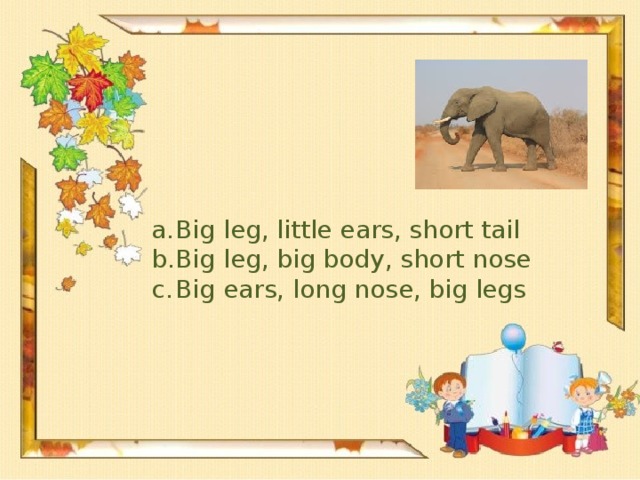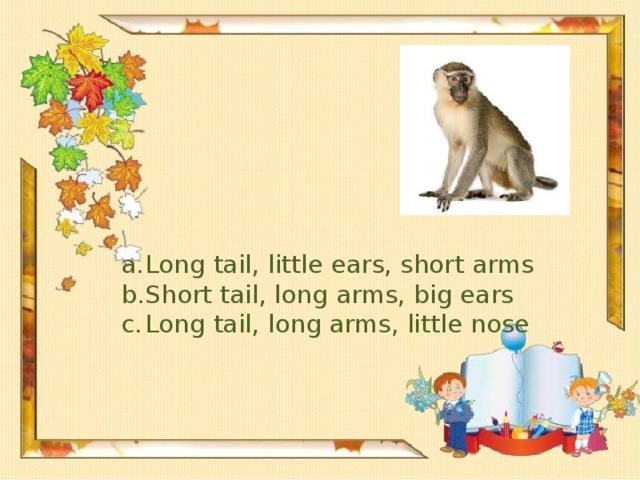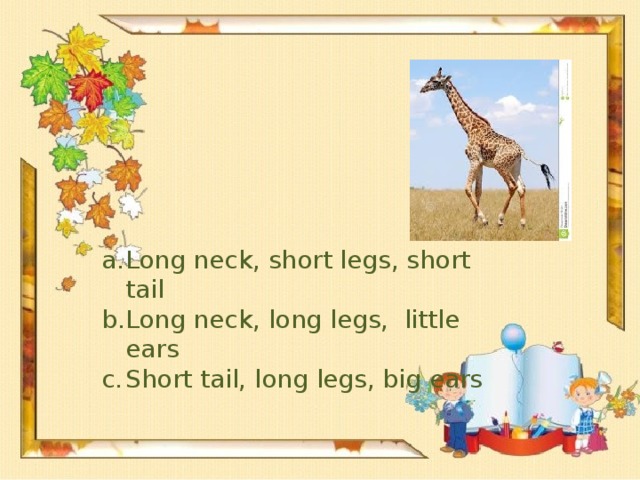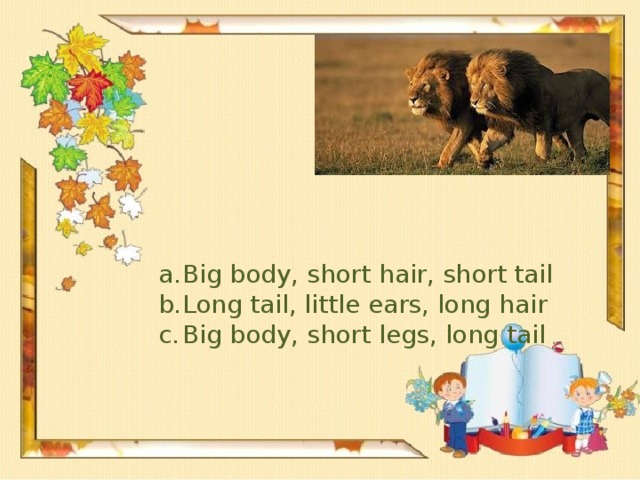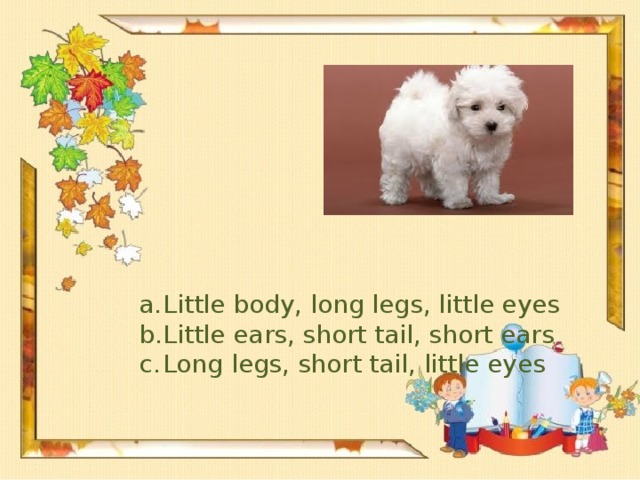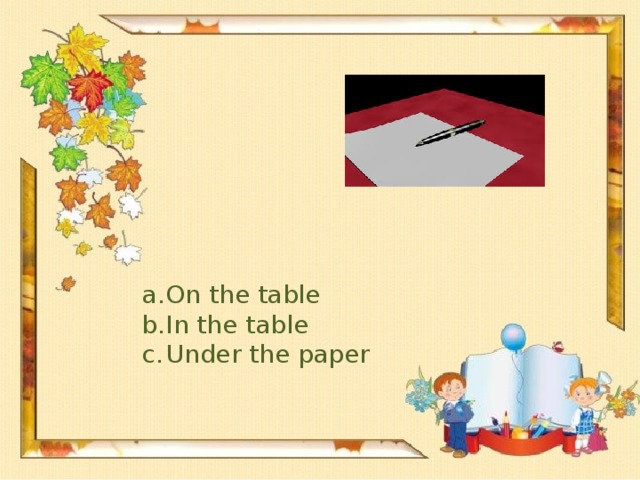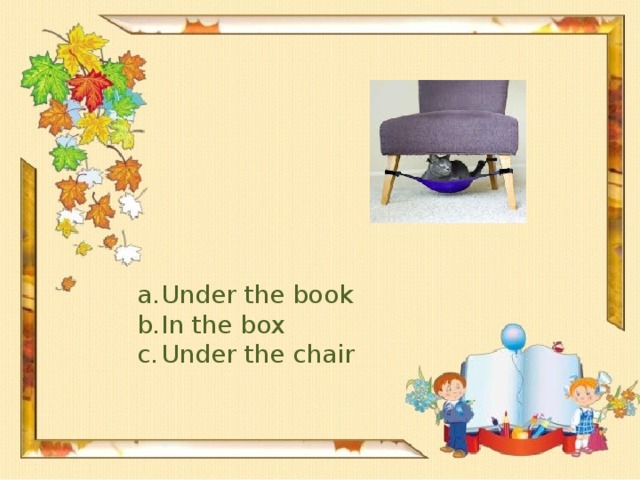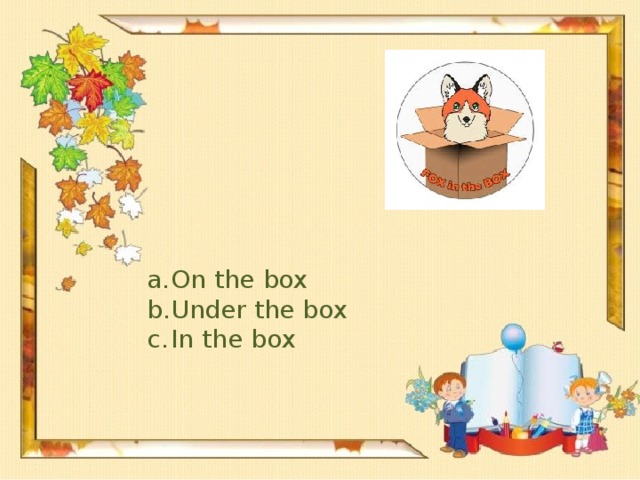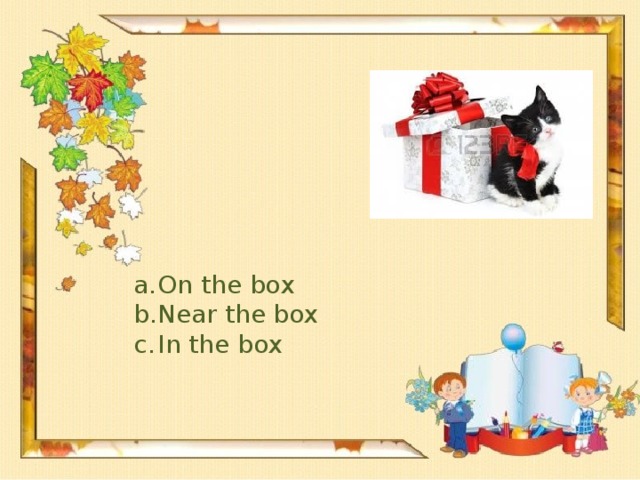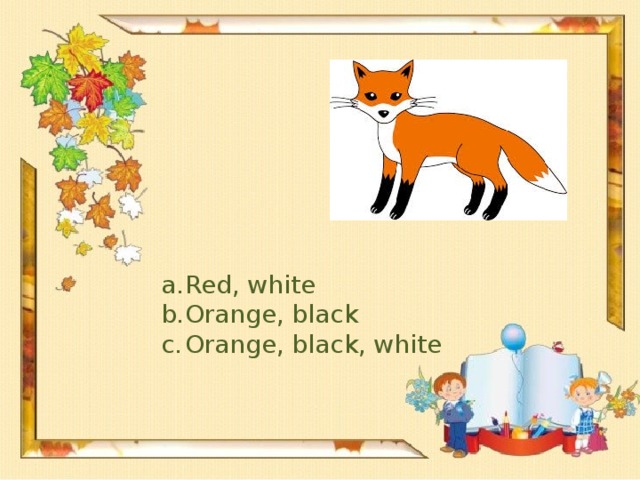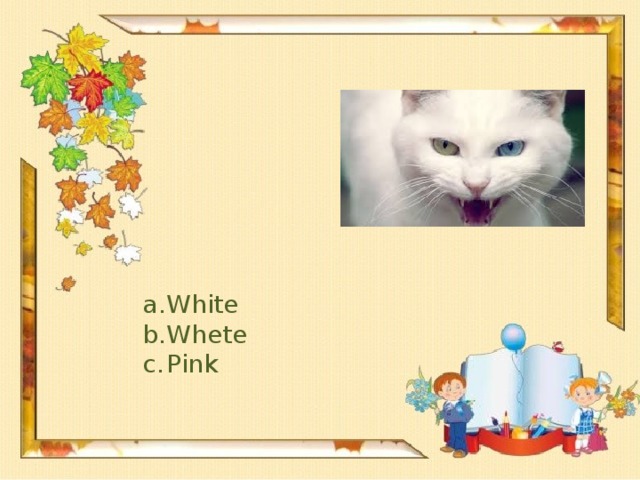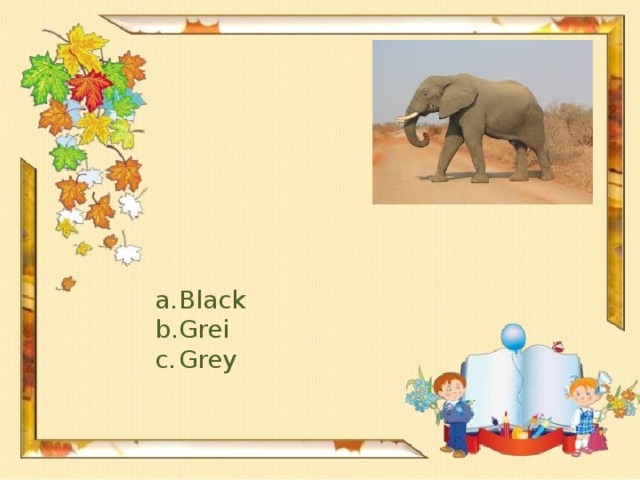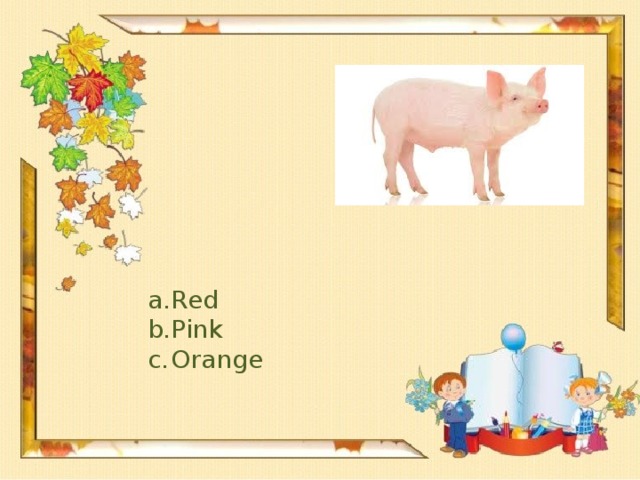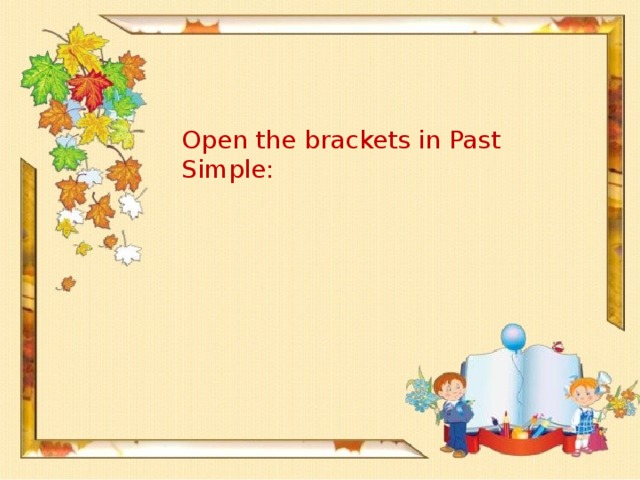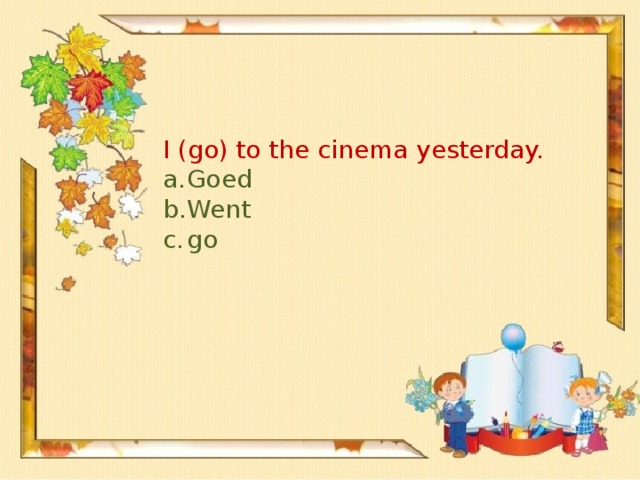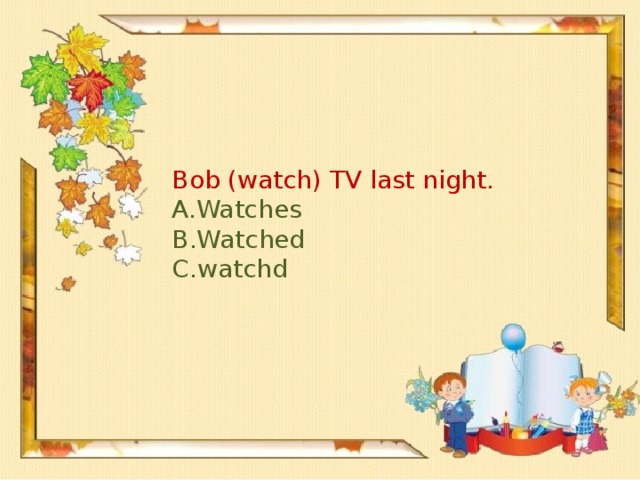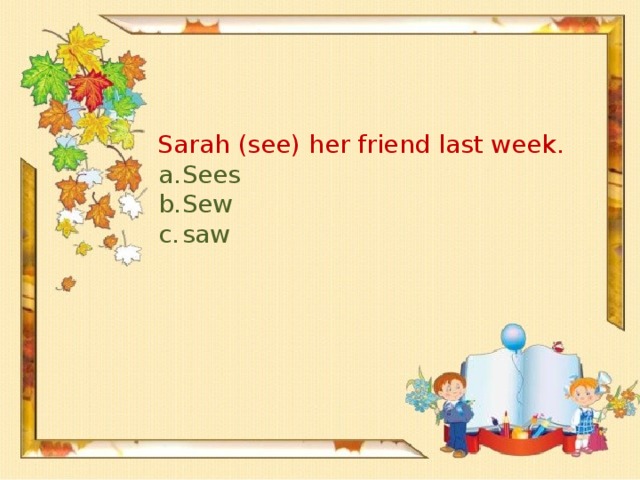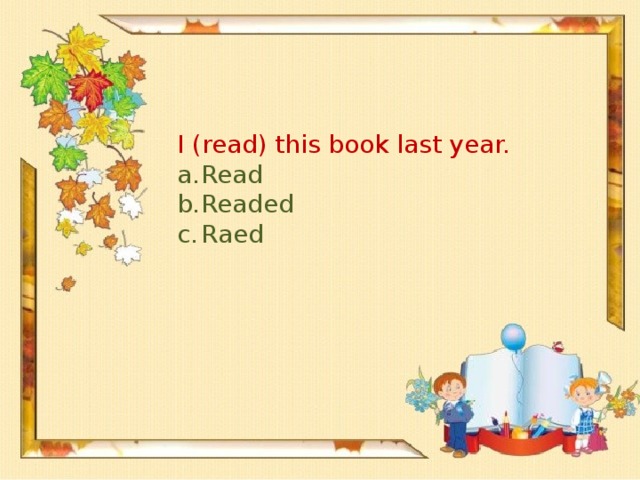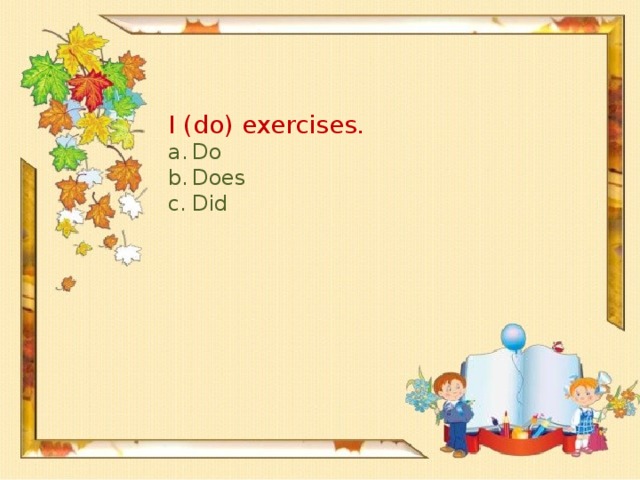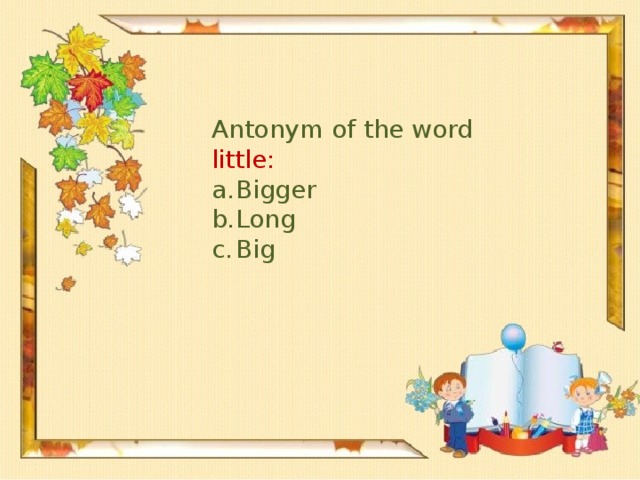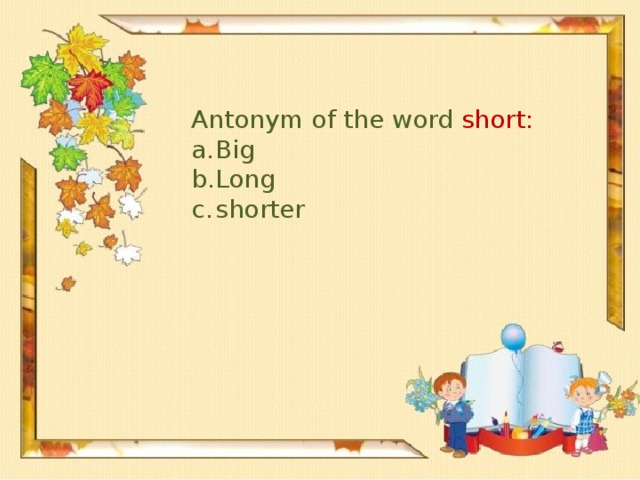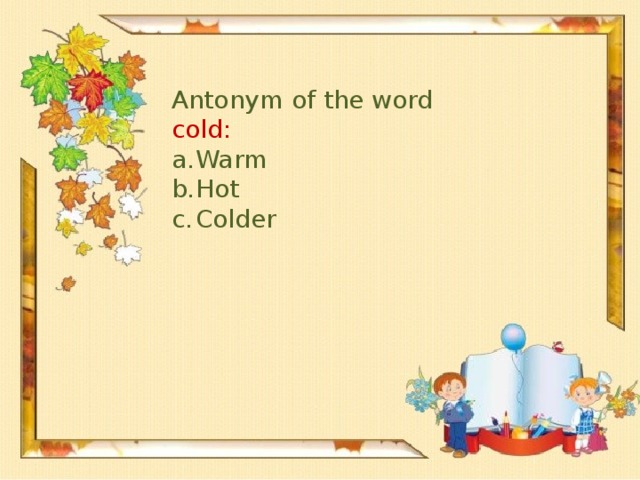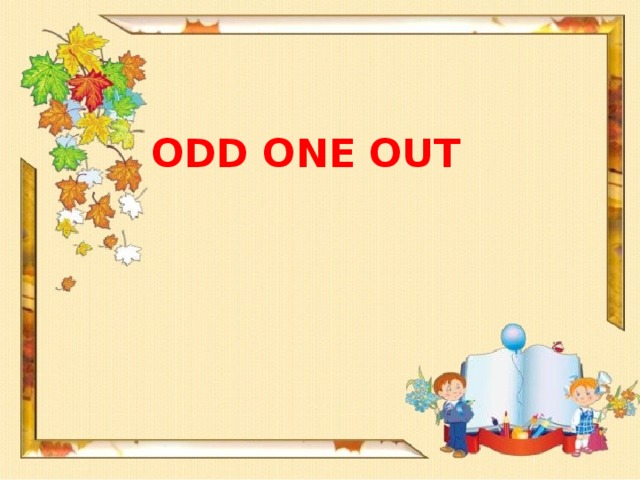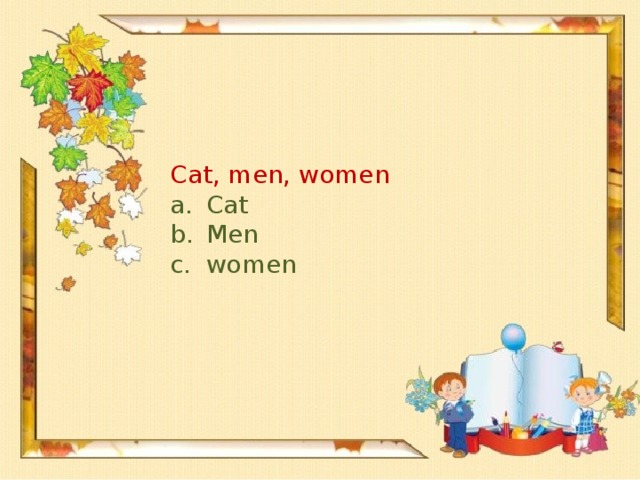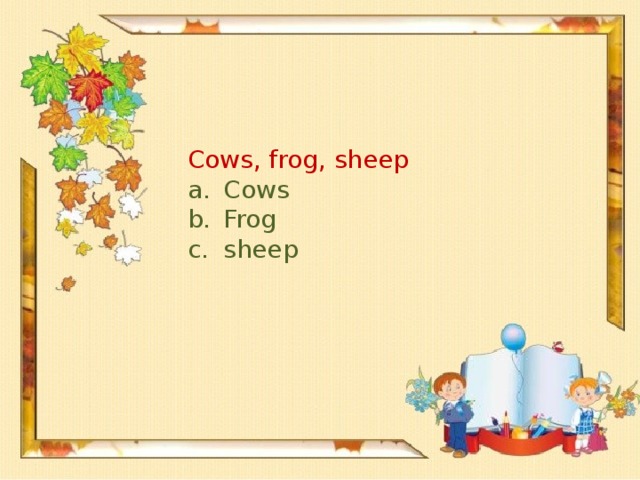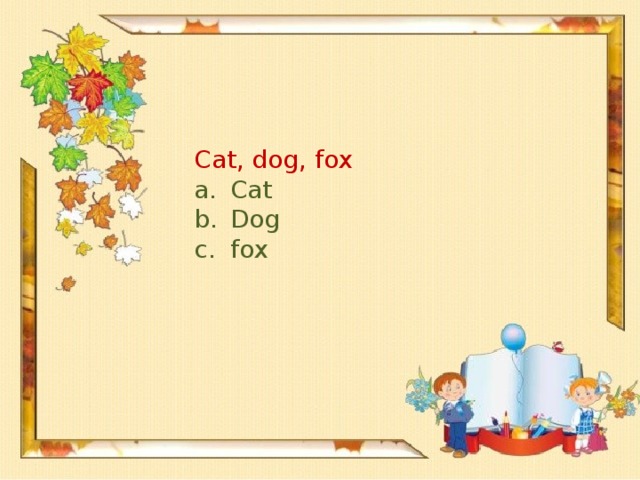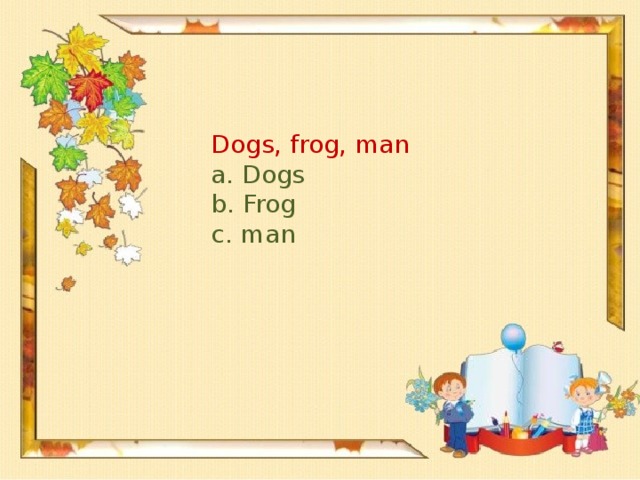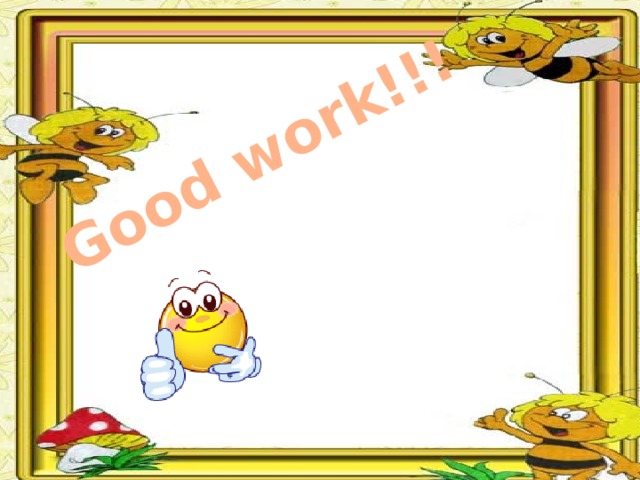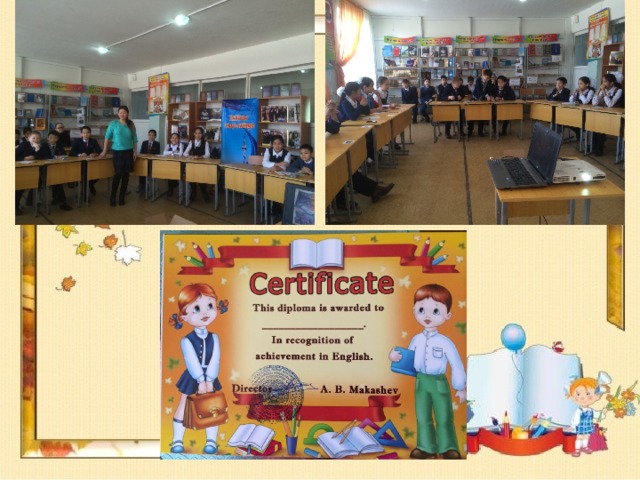Создайте Ваш сайт учителя Видеоуроки Олимпиады Вебинары для учителей
Внеклассная работа: "Who takes million?"
Who takes million?
The subject: English
Teacher: Ursheeva A
I. The Organization moment.
Quiz-master: Good afternoon, children and our guests! I’m very glad to see you here. Now we shall organize a competition called “Who takes million?”. 5 teams will take part in a game of the most quick-witted and the cleverest. It’s time to introduce participants. They are 6 “a” class, 6 “?” class, 6 “b” class, 6 “v” class and 6 “g” classes.
Quiz-master: Today all of you have a good chance to improve your English during the competition. I have invited a competent jury to count the points. The members of our jury are …
Now I’m going to teach you how to play this game. The game has 1 contest. In 1 contest there are 30 questions for each class.
The rule of the competition:
I give you 30 pockets of money. I ask you questions, you must put your money to the right variant (A, B or C). In the end of the competition which class will save more money, they will be today’s winners.
I wish you success. Be active, honest and helpful! Remember 5 steps to success:
a) Order.
b) Reserve.
c) Industry.
d) Cleanliness.
e) Justice.
II. The main part of the competition.
1. John is a student.
2. Sarah is a pupil.
3. I am 10.
4. We are from Kazakhstan.
5. They are doctors.
Open the brackets in Present Simple.
1. He visits his friends every day.
2. I go to school at 8 o’clock.
3. They usually take a shower after exercises.
4. Mary helps her mother every Monday.
5. Bob and Charlie do exercises.
Open the brackets Present Continuous.
1. I am watching TV.
2. He is cleaning her teeth.
3. They are washing hands.
4. We are playing football.
5. It is raining now.
Translate:
1. My mother’s name is Sarah.
2. They play football very well.
3. My hobby is playing basketball.
4. There are 15 tables in the classroom.
5. There is a pen on the table.
There is or there are
1. There are 5 pens in the box.
2. There is a car in the garage.
3. There are some books on the table.
4. There is a telephone in the bedroom.
5. There are two tables in the kitchen.
Have got, has got
1. Mister Sibyl has got two brothers.
2. Bob and Kate have got a toy car.
3. He has a headache.
4. Jim has a cat.
5. The sisters have a brother.
Answer the questions:
1. What do you see with? I see with my eyes.
2. What do you hear with? I hear with my ears.
3. What do you write with? I write with my hand.
4. What do you eat with? I eat with my mouth.
5. What do you walk with? I walk with my feet.
Complete the sentences.
1. I get up and then do exercises.
2. I wash my hands and face.
3. I play football and then I take a shower.
4. I wash my hands before I eat.
5. After school I come home.
Describe.
1. Big ears, long nose, big legs.
2. Long tail, big ears, brown
3. Little ears, long tail, short neck.
4. Long neck, little ears, long body.
5. Long ears, short neck, short tail.
Preposition.
1. There is a pen on the table.
2. There are pictures on the wall.
3. There is a cat under the chair.
4. There is a dog house near my house.
5. There are tables in the classroom.
Colour.
1. The dog is brown.
2. The duck is yellow.
3. The cat is white.
4. The bear is brown.
5. The puppy is grey.
Open the brackets in Past Simple.
1. I went to the cinema yesterday.
2. Bob watched TV last week.
3. Sarah saw her friend last month.
4. I read this book last year.
5. I did exercises.
Find the antonyms.
1. Little-big
2. Long-short
3. Black-white
4. Old-new
5. Cold-hot
Odd one out.
1. Cats, dog, men
2. Frog, cows, sheep
3. Pen, book, pencil
4. Grey, purple, pencil case
5. Apple, water, banana
III. The end of the competition.
That is the end of today’s competition. Our jury will add up the score of the game.
Jury: The team “…” is the winner.
Вы уже знаете о суперспособностях современного учителя?
Тратить минимум сил на подготовку и проведение уроков.
Быстро и объективно проверять знания учащихся.
Сделать изучение нового материала максимально понятным.
Избавить себя от подбора заданий и их проверки после уроков.
Наладить дисциплину на своих уроках.
Получить возможность работать творчески.
Просмотр содержимого документа
«Внеклассная работа: "Who takes million?" »
Полезное для учителя
Распродажа видеоуроков!
1660 руб.
2770 руб.
1610 руб.
2690 руб.
1850 руб.
3080 руб.
1850 руб.
3080 руб.
ПОЛУЧИТЕ СВИДЕТЕЛЬСТВО МГНОВЕННО
* Свидетельство о публикации выдается БЕСПЛАТНО, СРАЗУ же после добавления Вами Вашей работы на сайт
Удобный поиск материалов для учителей
Проверка свидетельства
